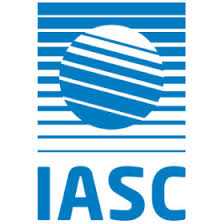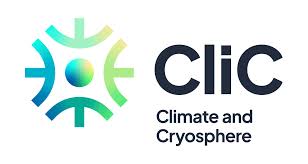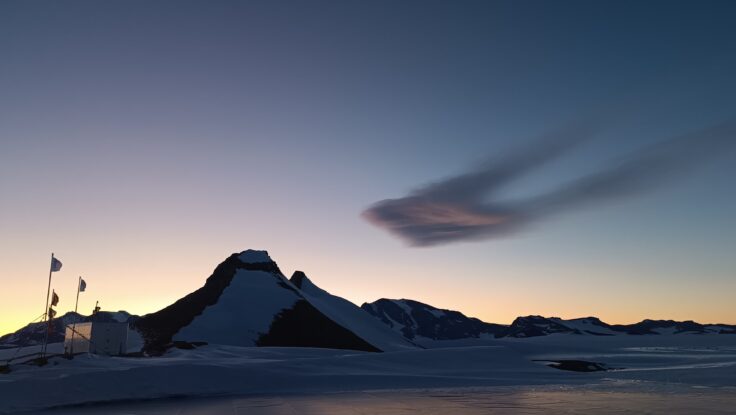Workshop on Polar Winter Climate and Processes

- This event has passed.
Polar Winter Climate and Processes: Towards Filling Knowledge Gaps in the Understanding of the Coupled Climate System

Recordings – (accessible only for participants registered)
Download the Workshop Programme PDF
Accommodations PDF





Polar winter plays a critical role in various processes, including sea ice growth, snow accumulation, surface energy balance, atmospheric dynamics and chemistry. Current climate models struggle to accurately represent polar weather and climate, especially during winter. These significant discrepancies hinder the reliability of these models in predicting and projecting future conditions in the Arctic and Antarctica.

While previous studies have predominantly focused on summer, it is crucial to explore winter conditions to gain a more comprehensive understanding of the entire climate system. To address this need, we organize a workshop titled “Polar Winter Climate and Processes.” This workshop aims to bring together diverse research communities to examine the physical and chemical processes in the interconnected atmosphere, cryosphere, marine, and terrestrial systems. Our goal is to facilitate the exchange of ideas, present recent findings, and identify knowledge gaps in our understanding of the overall climate system.
We invite contributions from all relevant disciplines and areas, including observation (in stiu and remote sensing), modeling, and theoretical research.
-
Extreme event
-
Blowing snow
-
Warm air intrusion
-
Cold air outbreak
-
Sea ice evolution (open leads, polynyas, melt)
-
Air-sea-ice interaction
-
Surface mass balance for icesheet/iceshelf
-
Surface energy budget
-
Permafrost deepening
-
Atmospheric boundary layer processes
-
CCN, INPs and sources
-
Aerosol budget and composition
-
Cloud-aerosol interaction
-
Arctic Haze
-
Snow chemistry and climate impacts
- Biogeochemistry
-
Atmospheric river
-
Polar vortex
-
Jet stream
-
Storm track
-
Atmospheric blocking
-
Rossby wave
-
New theory or mechanism and parameterisations
-
New technology observation (from buoys, stations, ships, aircraft and satellites) active or automatic – via new international research programs, e.g. IPY, InSync, etc
-
New modelling approaches
- Xin Yang (Chair), BAS, UK
- Xiangdong Zhang (co-Chair), NCSU, USA
- Alexandra Weiss, BAS, UK
- Markus Frey, BAS, UK
- Sergi González-Herrero, WSL Institute, Switzerland
- Xianda Gong, Westlake Uni., China
- Rainette Engbers, WSL Institute, Switzerland
- Romy Hall, BAS, UK
What: This workshop is co-funded by the International Arctic Science Committee (IASC), Climate and Cryosphere (CliC) and Surface Fluxes in Antarctica (SURFEIT), a NERC National Capability International research programme.
If you have any questions, please get in touch – Xin Yang – xinyang55@bas.ac.uk